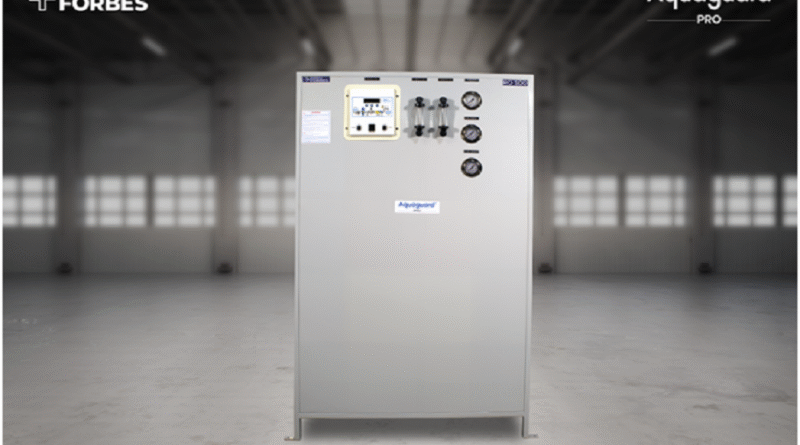Key Advantages of Setting Up An RO Water Plant
Just like homes, ensuring access to safe and purified water for businesses, institutions, and large facilities is a must. This is where an RO water plant comes into play. Designed for high-volume purification, these plants remove harmful contaminants, dissolved solids, and microorganisms, providing clean, great-tasting water on a large scale. More than just a filtration unit, a commercial RO water purifier is an investment in health, productivity, and long-term savings.
Let’s know the key advantages of setting one up.
1. Consistent Supply of Safe Drinking Water
One of the most important advantages of installing an RO water plant is the ability to generate a steady supply of safe, purified water. Large offices, hotels, educational institutions, and factories require thousands of litres of drinking water daily. Ordinary filtration systems fall short of these demands, but commercial RO plants are built to handle them with ease. They ensure that every user has access to water free of bacteria, viruses, heavy metals, and chemical impurities, without interruption.
2. Cost Savings in the Long Run
Relying on bottled water or smaller purifiers for high demand can be expensive and logistically challenging. A commercial RO water purifier cuts these recurring costs by producing purified water on-site. Skid-mounted RO systems are easy to install, operate, and maintain, making them a cost-efficient choice for businesses. The savings extend beyond drinking water; soft, purified water also reduces scale buildup in appliances, lowering maintenance costs over time.
3. Flexibility and Scalability
Commercial RO plants are available in various capacities, ensuring they can be tailored to the specific requirements of different organisations. For instance, the Aquaguard 250 LPH Skid-Mounted RO Plant is ideal for mid-sized facilities like schools, restaurants, or office complexes. It produces 250 litres per hour, striking a balance between efficiency and compact design.
For larger setups, the Aquaguard 500 LPH Skid-Mounted RO Plant delivers double the capacity, making it suitable for manufacturing units, hotels, or institutions where water demand is much higher. Both models come skid-mounted, which means they’re pre-assembled on a frame, simplifying installation and making them easy to relocate if required.
4. Enhanced Quality of Life and Productivity
The benefits of safe water extend beyond health; they influence productivity and well-being. Access to clean water keeps employees energised, reduces the risk of waterborne illnesses, and ensures students in schools or guests in hotels have a better experience. For industries like food and beverage or healthcare, purified water is not just an option; it’s a compliance requirement. Setting up an RO water plant guarantees quality that meets both safety standards and consumer expectations.
5. Environmentally Friendly Alternative
Large organisations often depend on bottled water, leading to significant plastic waste. By investing in a commercial RO water purifier, businesses reduce their reliance on single-use plastics, supporting sustainability goals. Skid-mounted RO plants also use efficient recovery systems to minimise water wastage, making them a more environmentally responsible solution.
Conclusion
Installing an RO water plant is more than a convenience—it’s a strategic decision that ensures safety, reliability, and cost efficiency for large spaces. Whether it’s the Aquaguard 250 LPH Skid Mounted RO Plant for mid-sized operations or the Aquaguard 500 LPH Skid Mounted RO Plant for large-scale requirements, these systems are engineered to deliver consistent performance with minimal hassle.
In a world where safe water is central to health and sustainability, investing in a commercial RO system is one of the most practical and forward-looking steps an organisation can take.

